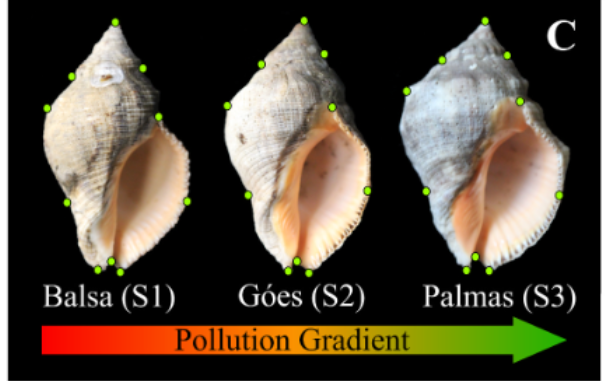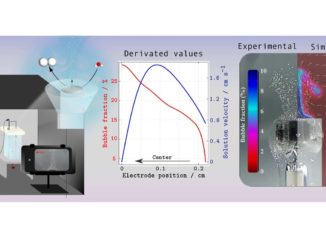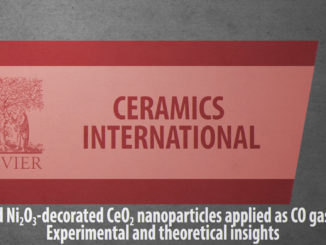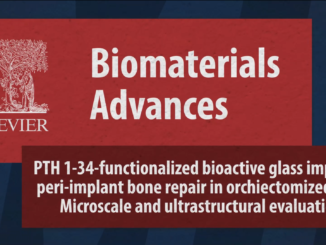
Chemical contamination in coastal areas alters shape, resistance and composition of carnivorous gastropod shells
Abstract: Morphological, structural and compositional alterations in shells of molluscs have been proposed as putative biomarkers of chemical contamination in coastal zones. Despite this, few studies were carried out using top predator gastropods which tend to be more susceptible to contamination exposure. Thus, the present study assessed disturbances on shells of Stramonita brasiliensis considering compression resistance and organic and mineralogical matrix composition, related to morphometric alterations. Results showed reductions in compression resistance and organic matrix content associated with higher contaminated sites. In addition, a predominance of calcite polymorphs was seen in shells obtained in polluted areas. Such outputs were consistent with local contamination levels which may have induced the observed alterations. Thus, changes in mollusc shells showed good performance as potential biomarkers of coastal contamination, being probably observed in other species of carnivorous gastropods around the world.
Author(s): Gouveia, N.; Oliveira, A.J.L.A.; Harayashiki, C.A.Y.; Souza, J. C.; Longo, E.; Cano, N.F.; Maltez, H.F.; Lourenço, R.A.; Turpo-Huahuasoncco, K.V.; Castro, I.B.
Chemosphere
Published: November 2022, Volume 307, Part 2, 135926
DOI: https://doi.org/10.1016/j.chemosphere.2022.135926
CDMF
The CDMF, hosted at the Federal University of São Carlos (UFSCar), is one of the Research, Innovation and Dissemination Centers (RIDC) supported by the São Paulo State Research Support Foundation (Fapesp), and also receives investment from the National Council Scientific and Technological Development (CNPq), from the National Institute of Science and Technology of Materials in Nanotechnology (INCTMN).




